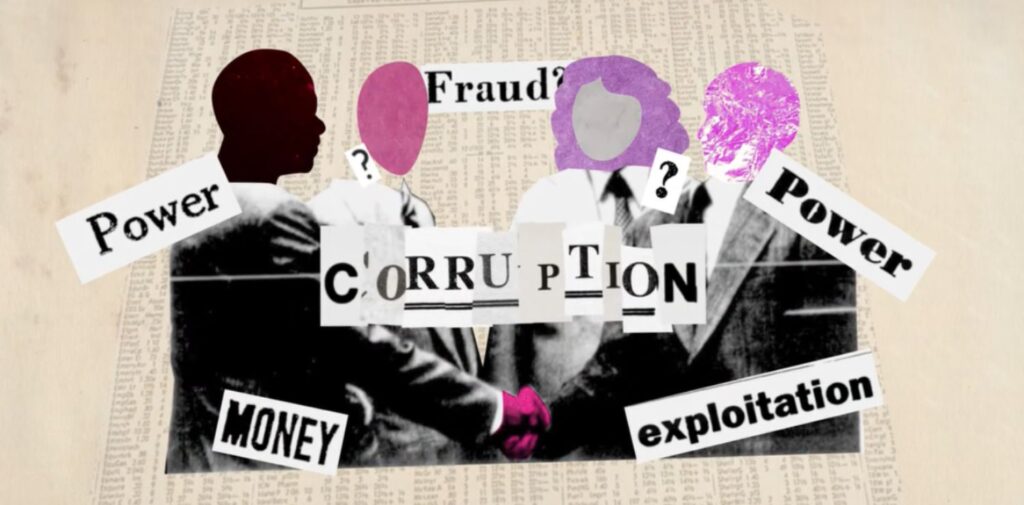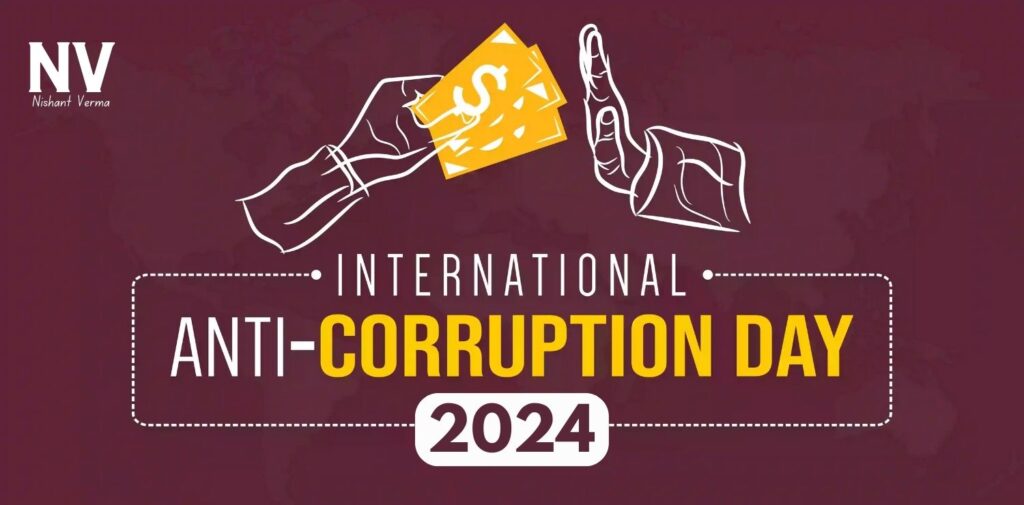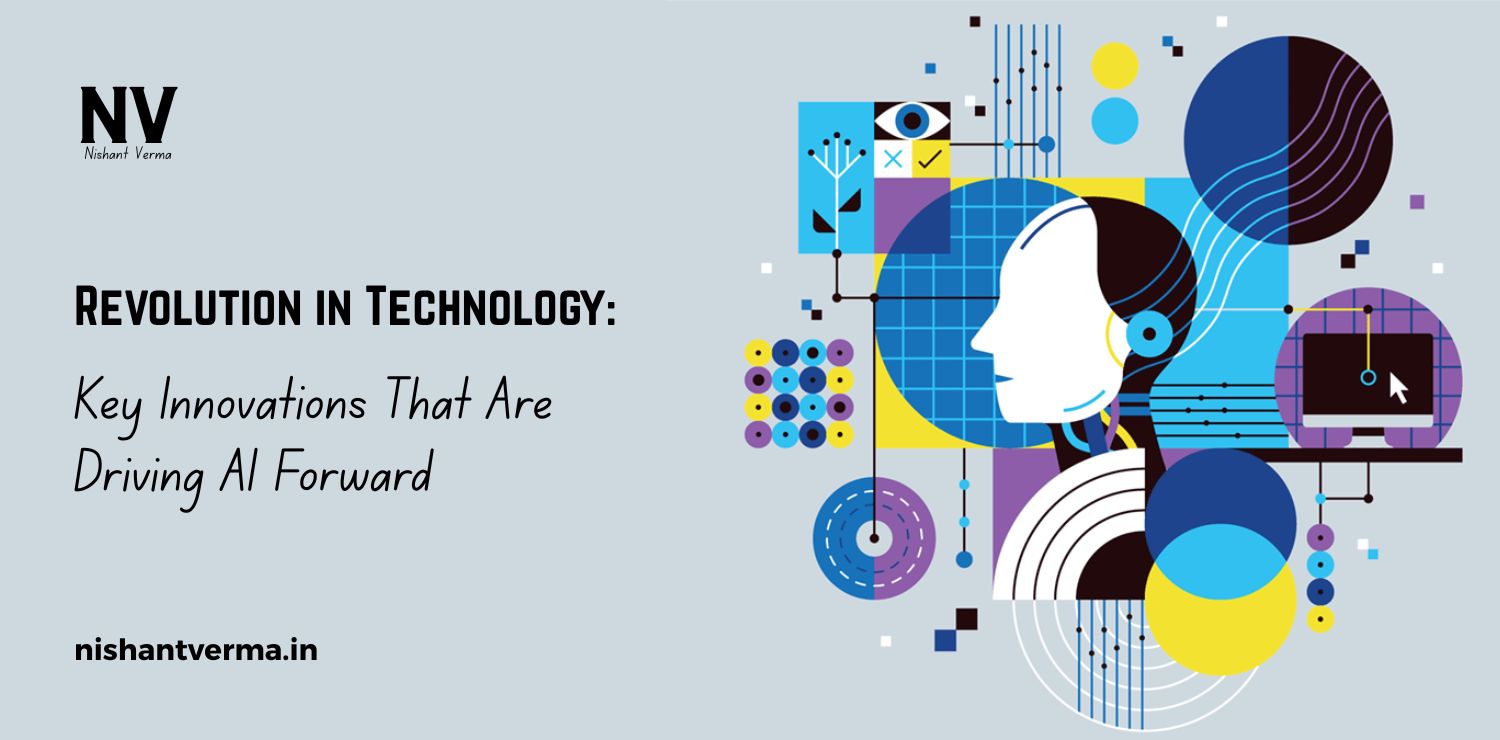Corruption is one of the biggest challenges faced by countries all over the world. It affects not only the economic growth of nations but also harms social structures, justice, and public trust. People often suffer because resources meant for the public are misused or diverted. To address this issue, the United Nations declared International Anti-Corruption Day on December 9 every year. This day aims to raise awareness about the negative effects of corruption and promote actions that encourage integrity, transparency, and accountability.
In India, where corruption has been a long-standing issue, International Anti-Corruption Day is particularly important. It provides an opportunity for people to come together, educate themselves about the dangers of corruption, and find ways to fight this problem for a better and more just society.
What is Corruption?
Corruption is when a person in power uses their position for personal gain, rather than serving the public. It can take many forms, such as bribery, embezzlement, favoritism, and fraud. For example, when government officials take bribes in exchange for doing their job, it’s considered corruption. When public funds meant for education or healthcare are misused or stolen, it’s another form of corruption.
In India, corruption can be found in various areas, such as government departments, law enforcement, healthcare, and even the education system. It affects common citizens who often have to pay bribes to get things done, even if they are just trying to access basic services. Corruption weakens institutions and undermines the faith people have in the government and its ability to serve them properly.

Why is International Anti-Corruption Day Important?
International Anti-Corruption Day is important because it highlights the damaging effects of corruption and brings the issue to global attention. Here’s why this day is crucial:
- Raises Awareness: Many people are unaware of the extent of corruption in their country. International Anti-Corruption Day helps to raise awareness about how corruption affects not just the economy but also education, healthcare, infrastructure, and other areas that directly impact people’s lives. By talking about corruption openly, we can start to understand how deeply it is embedded in society and what steps can be taken to stop it.
- Encourages Integrity and Transparency: On this day, governments, organizations, and individuals are encouraged to adopt policies that promote honesty and transparency. The goal is to create a world where leaders and officials are held accountable for their actions, and where corruption is not tolerated in any form.
- Strengthens Democracy: Corruption undermines democracy. It creates inequality, reduces access to justice, and erodes trust in political systems. International Anti-Corruption Day serves as a reminder that we must build stronger democratic institutions, where the voices of ordinary people are heard, and the law is respected by everyone, regardless of their position.
- Mobilizes Action: International Anti-Corruption Day is a call to action. It encourages governments, civil society, businesses, and individuals to come together and take practical steps to fight corruption. This could be through implementing stronger laws, developing anti-corruption strategies, and encouraging citizens to report corruption when they see it.
- Fosters Global Cooperation: Corruption is not limited to any one country. It is a global issue that requires international cooperation to tackle. International Anti-Corruption Day brings nations together to share best practices and learn from each other. Countries can strengthen their anti-corruption frameworks by collaborating with others and supporting global initiatives like the United Nations Convention Against Corruption (UNCAC).

The Impact of Corruption in India
India has long struggled with corruption in both public and private sectors. It is one of the biggest barriers to growth and prosperity in the country. Corruption harms citizens in many ways. Here’s how:
- Economic Loss: Corruption leads to a significant economic loss. When public funds meant for development projects or welfare schemes are misused, it means that citizens do not get the benefits they deserve. Roads, schools, and hospitals are built poorly, and public resources are diverted for personal gain. This stops the country from developing and providing essential services to its people.
- Inequality and Injustice: Corruption deepens inequality in society. It leads to unfair practices, where only those with money or influence can access services or opportunities. The poor, who need help the most, suffer the most. For example, if a person has to pay a bribe to get their child enrolled in a government school or to receive medical treatment, it leaves behind those who cannot afford it.
- Weakens Public Trust: When people see corruption happening, they lose trust in public institutions like the police, judiciary, and government. This results in a breakdown of law and order. Citizens may feel helpless and disconnected from the government, leading to dissatisfaction and unrest.
- Hinders Social Development: Corruption diverts funds meant for education, healthcare, and social services. As a result, many people, especially the poor, do not have access to basic needs like quality education or healthcare. This prevents them from improving their lives and contributing to the country’s overall growth.
- Environmental Harm: Corruption can also damage the environment. Illegal mining, deforestation, and pollution often take place because of corrupt practices. These activities destroy the environment and hurt future generations. Proper environmental laws and regulations can be ignored or bypassed when corruption is involved.
What Can Be Done to Fight Corruption?
Fighting corruption is a complex task, but it is not impossible. Here are some steps that can be taken to reduce corruption, both globally and in India:
- Stronger Laws and Enforcement: One of the most important steps in the fight against corruption is to create and enforce strong anti-corruption laws. This includes making sure that corrupt officials are held accountable, and that there are severe punishments for those found guilty. It’s also important to make sure that laws are implemented fairly and that no one is above the law.
- Promoting Transparency: Transparency is key in fighting corruption. Governments should be open about how they use public money and resources. Digital platforms, such as online portals, can be used to share information about government spending, public services, and projects. This ensures that citizens can hold their leaders accountable and track the progress of government work.
- Encouraging Whistleblowing: People who witness corruption should feel safe and supported when they report it. Governments and organizations need to create safe channels for whistleblowers, where individuals can report corruption without fear of retaliation. Laws that protect whistleblowers can encourage more people to come forward.
- Education and Awareness: Educating people about the harmful effects of corruption and how to avoid it is crucial. Citizens need to understand their rights and the importance of not engaging in corrupt practices. Campaigns that promote ethical behavior and integrity can help create a culture where corruption is no longer accepted.
- Strengthening Institutions: Strong, independent institutions like the police, judiciary, and audit agencies are essential in the fight against corruption. These institutions need to be free from political influence and must have the resources and support they need to function effectively.
- Public Participation: The public plays a critical role in fighting corruption. Citizens can report corrupt practices, demand transparency, and hold their leaders accountable. Social movements, media, and civil society groups can also create pressure for reform and help bring attention to issues of corruption.

How Can We Celebrate International Anti-Corruption Day in India?
On December 9, International Anti-Corruption Day, it is important to reflect on how corruption affects our lives and what we can do to stop it. Here are some ways we can participate in this day:
- Raising Awareness: Schools, colleges, and offices can organize events, workshops, or seminars to discuss the importance of fighting corruption. The media, including social media, can also be used to spread messages about the harmful effects of corruption.
- Promoting Integrity: On this day, individuals can pledge to act with integrity and honesty in their own lives. This can include refusing to pay bribes, reporting corruption, and encouraging others to do the same.
- Support Anti-Corruption Initiatives: There are many organizations and movements in India working to reduce corruption. Supporting these organizations through donations or volunteering can make a positive impact.
- Taking Action: If you encounter corruption in your daily life, whether at a government office or in any other situation, you can take action by reporting it to the relevant authorities or using anti-corruption apps and platforms.
Conclusion
International Anti-Corruption Day is an important reminder of how corruption harms individuals, societies, and entire nations. It calls for global action to fight corruption, increase transparency, and promote a culture of integrity and honesty. In India, where corruption remains a major challenge, the day offers an opportunity for citizens, leaders, and organizations to come together to combat this issue. By raising awareness, taking action, and holding ourselves and our leaders accountable, we can work towards a cleaner, more just, and prosperous future. Let us all join hands to say no to corruption and yes to integrity for a better tomorrow.




